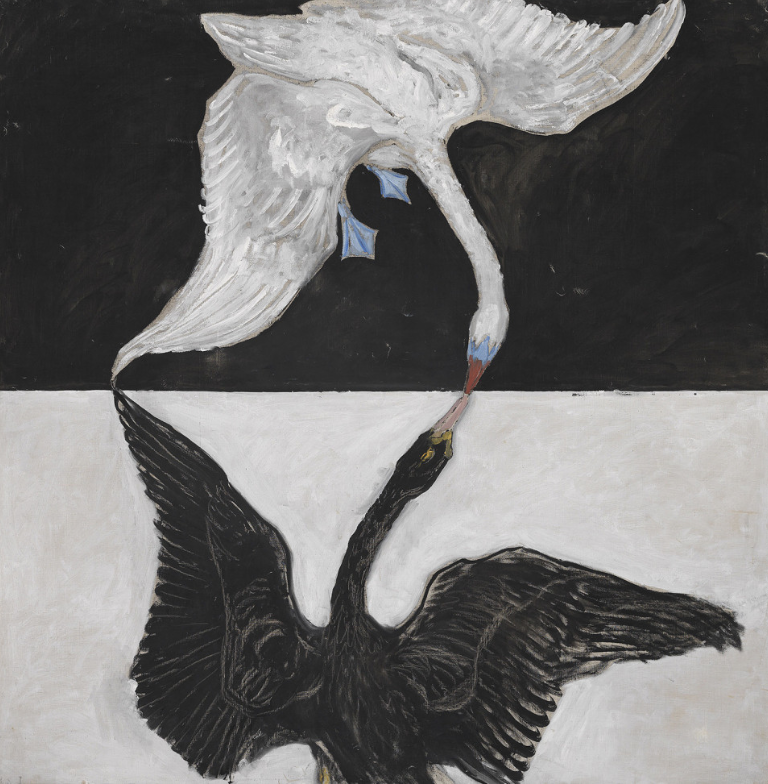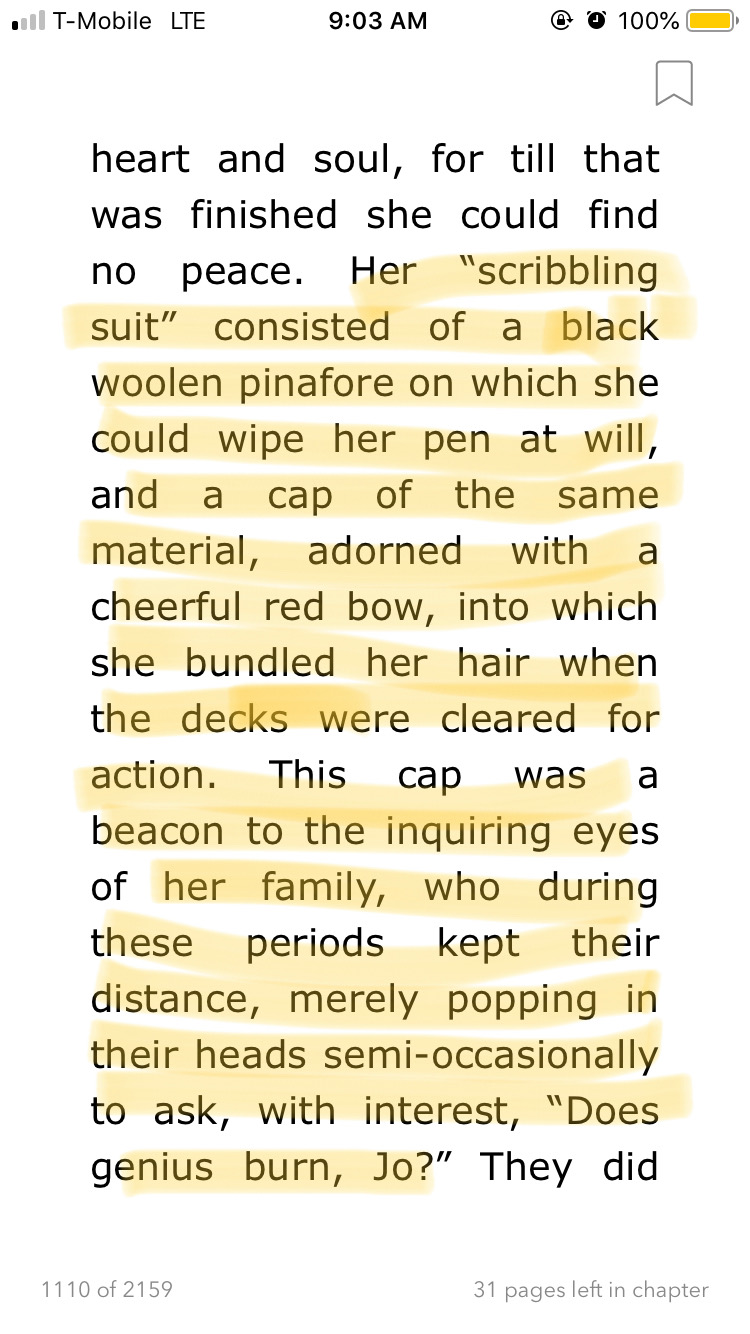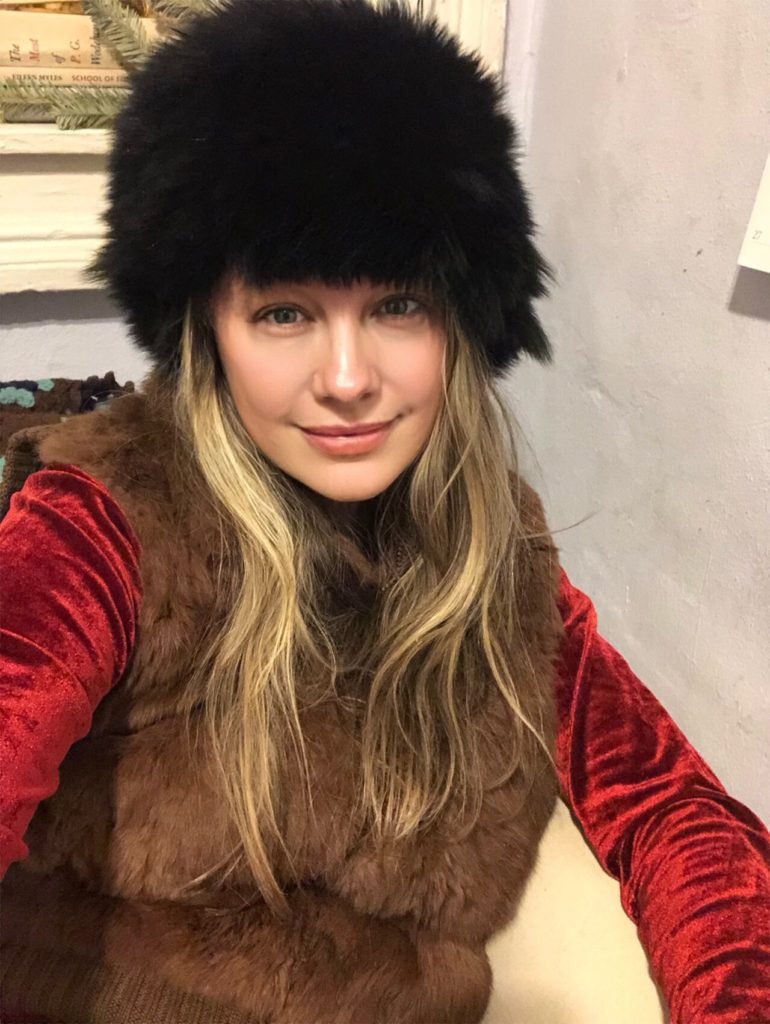Pardon the Mess, I Live Here
January 18, 2019 in Age Matters, Art Matters, Book Matters, City Matters, Essays, Feminist Matters, Quoth the Raving, Ruby Intuition, Style Matters
 I have known K since our late 20s, but we only became solid friends in our 40s. First he had a crush on me and I found him esoteric. Then I had a crush on him and he found me extra. Only now that we’ve outgrown feeling slighted by people who don’t desire us have we become good friends.
I have known K since our late 20s, but we only became solid friends in our 40s. First he had a crush on me and I found him esoteric. Then I had a crush on him and he found me extra. Only now that we’ve outgrown feeling slighted by people who don’t desire us have we become good friends.
It’s the best.
Because we are neighbors, we often meet up for coffee, go on rambling walks, help each other out. We have seen each other through some very hard times–illnesses, deaths, breakups, poverty. Neither of us are out of the woods in that last category, and we talk about how being broke feels different as you get older. Aging is a constant undercurrent of our conversations.
Perhaps I should say overcurrent. Continue Reading →
The Metaphysician Is In
January 16, 2019 in Art Matters, Ruby Intuition, Spirit Matters
People sometimes ask if doing readings is exhausting. My answer is yes. But more than that, it’s exhilarating. Because what I’m really reading is souls and I’ll tell you a secret. No one’s soul is ugly and everyone has one. The issue is how well you connect to it as you move through life. Does this mean I always act from my own soul? Oy, no. But it does mean that sitting in *your* soul energy —translating it back to you—is wondrous stupefying stupendous beautiful. This video—imprinted heavily by the divine channel and artist Hilma af Klint—is a little like I experience it.
Jo Marches On (Jury Duty Reading)
January 12, 2019 in Book Matters, Feminist Matters, Past Matters, Queer Matters


